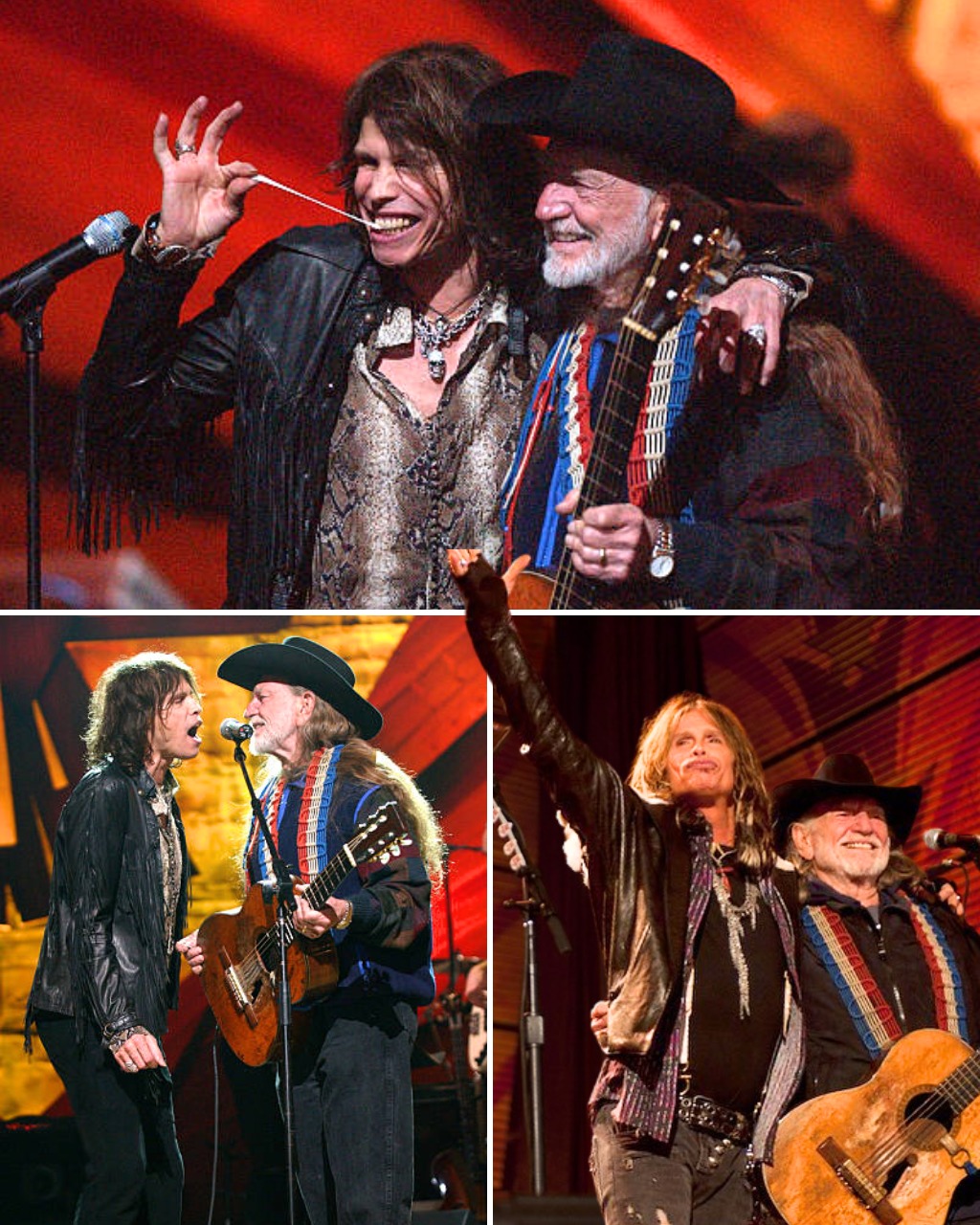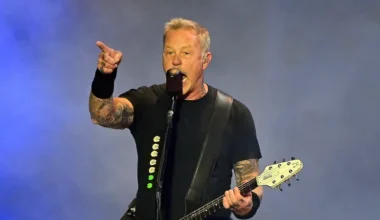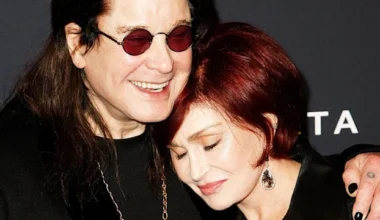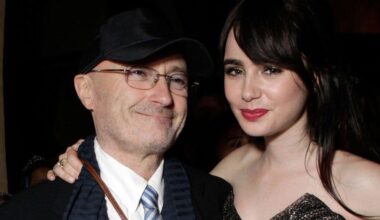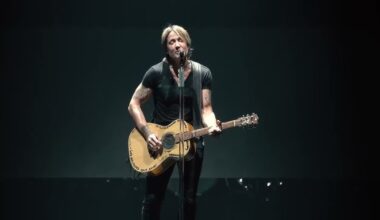For all their sleaze and swagger, Guns N’ Roses didn’t just play like a gang of outlaws—they lived like one. While their peers in the late-‘80s L.A. scene flaunted hairspray and spandex, GNR looked and sounded like a band that had clawed its way out of the gutter, dragging the chaos behind them. They weren’t putting on a show. They were the show—dangerous, erratic, and barely holding it together.
When Appetite for Destruction hit shelves in 1987, it wasn’t just a debut—it was a war cry. A raw, unfiltered snapshot of the streets they survived. Songs like “Welcome to the Jungle” captured the grime and grind of Hollywood life, but one track in particular dove into something far darker: the creeping grip of heroin.
While Slash and Izzy Stradlin were slipping deeper into addiction, their struggle spilled into the grooves of a now-iconic song: “Mr. Brownstone.” Built around a twitchy Bo Diddley rhythm, it chronicled their daily battle with a drug they couldn’t shake. It wasn’t poetic or glamorized—it was blunt, twitchy, desperate. With lines about losing time and chasing the next high, the song didn’t need metaphors. It was the metaphor.
But not everyone in the band saw it as catharsis. Axl Rose, never one to swallow his words, used the band’s rise as a platform to fire a warning shot—publicly.
During their 1989 tour with The Rolling Stones, as GNR were finally brushing shoulders with their idols, Rose stopped the show and growled into the mic:
“If certain members don’t stop dancing with Mr. Brownstone, the band is finished.”
He never named names. But Slash didn’t need him to. Years later, he told Behind the Music:
“I knew it was directed at me. I was messed up on junk. It drove a wedge between me and Axl. It’s something I’ve never really forgiven him for.”

The tension was real—and the damage was lasting. GNR began to unravel at the peak of their fame. Slash’s heroin use escalated during the Use Your Illusion era, pushing his body—and the band—to the brink. He overdosed. He flatlined. He suffered heart failure at 35 and had to get a defibrillator implanted in his chest. It was nearly the end.
But like any rock redemption story worth telling, it wasn’t. Slash clawed his way back—sober, alive, and eventually home, returning to GNR alongside Duff McKagan for a reunion no one thought would happen.
And then—years later, on a massive stadium stage, under a blood-red sky and a sea of cell phone lights—“Mr. Brownstone” hits again.
The lights drop. The hum of anticipation rolls through the crowd. A single spotlight lands on Slash, top hat tilted, Les Paul at the ready. He steps into the riff, twitchy and jagged like a warning shot fired into the night. Axl storms out, wrapped in defiance and leather, grabs the mic, and spits:
“I get up around seven…”
The crowd roars, but there’s tension in the rhythm. Duff’s bass pulses like a heartbeat trying to keep time. You feel the history rising with every note—the overdoses, the fallouts, the silence, the scars. Slash leans into his solo like he’s purging something he still hasn’t named. Axl doesn’t perform the lyrics—he snarls them, like they still taste bitter in his mouth.
It’s not nostalgia. It’s exorcism.
And when the last note hits—sharp and sudden—it doesn’t feel like closure. It feels like survival. Barely.
That infamous track still gets played live. But it’s no longer just a fan favorite. It’s a ghost. A warning. A living memory of how close they came to losing it all.
Because the song was never just about heroin. It was about addiction in all its forms—fame, chaos, ego, escape. And when you hear it now, knowing everything they survived, it hits harder. You’re not just hearing a groove. You’re hearing the cost.
But here’s the thing about Guns N’ Roses: they never promised survival. They only promised truth—even when it was ugly. Especially when it was ugly. They didn’t clean up to stay alive. They bled it all out on stage and kept going anyway.
That’s not just rock n’ roll.
That’s survival—set to a Marshall stack, scarred and loud as hell.
